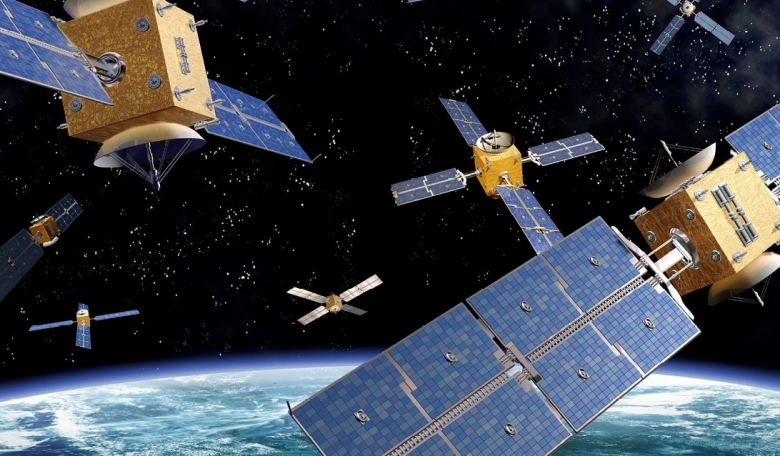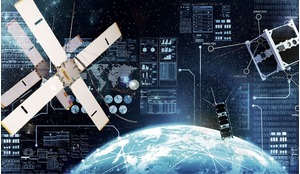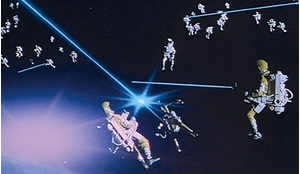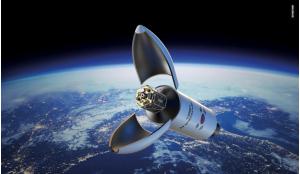In the constantly connected world, consumers expect access to data and services at all times and everywhere, whether at home, on a train, a plane, a boat or just walking down the road. Most consumers really don’t care how that connection is achieved, as long as it is available and there is no interruption to the service. Martin Coleman explains the importance of satellites and some of the problems.
Constant, uninterrupted access to data and services is something that people not only expect, but rely upon, in their day-to-day lives. Gone are the days when you’d meticulously plan out a journey using a road map before even leaving the house. We rarely carry boarding passes or train tickets, nor do we know where we are dining in the evening.
We connect to the internet wherever we are and whenever we have a question we need answering. With the expectation of constant connectivity, consumer trust and reliance on the Internet of Things (IoT) has increased massively, with many people relying on connectivity to take care of all manner of tasks, such as controlling the heating of their houses remotely or keeping track of their activity levels. Technology and connectivity must be reliable and fast, and we’re at a point where consumers expect service without disruption and do not care where that service is coming from.
Additionally, many organisations have moved away from traditional office operations towards online technologies, using ‘the cloud’ to implement better processes to allow consumer-friendly access to products and services. With IoT and artificial intelligence opening up massive revenue opportunities, companies are understandably embracing tech to get ahead of their competitors.














